Early experiences from Cleveland Clinic Children’s
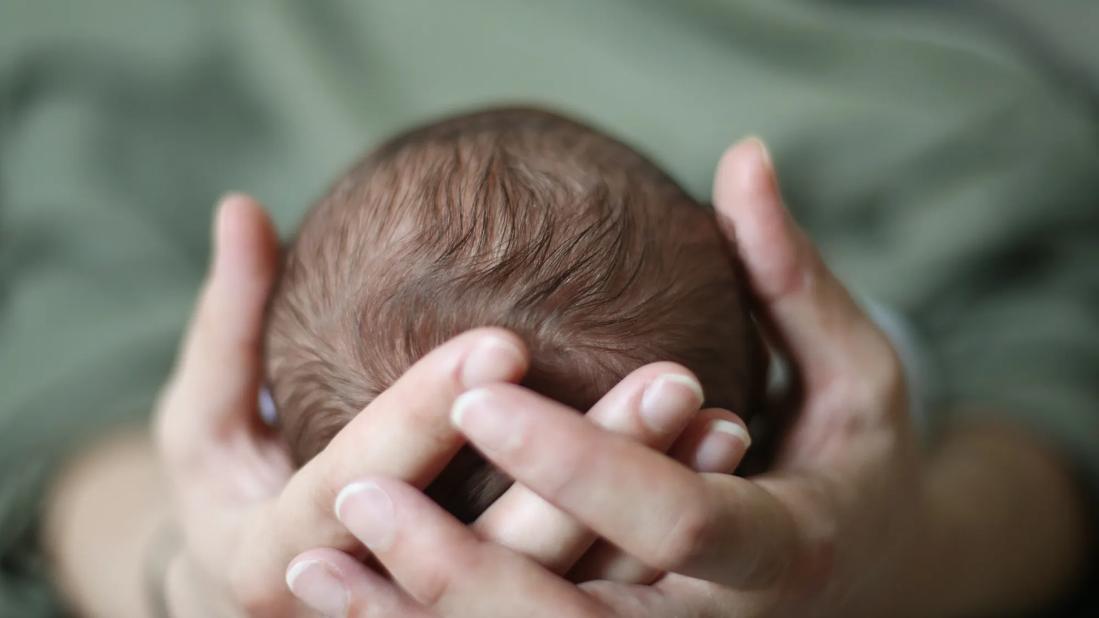
To date, Cleveland Clinic Children’s has cared for three coronavirus-positive mothers and their infants, says Hany Aly, MD, Chair of Neonatology at Cleveland Clinic Children’s. “We knew that the mothers had COVID-19 before being admitted in labor. Of course we attended deliveries with all the PPE, and infants were tested 24-hours later,” he says. “The babies were not infected, and weren’t symptomatic either.”
Advertisement
Cleveland Clinic is a non-profit academic medical center. Advertising on our site helps support our mission. We do not endorse non-Cleveland Clinic products or services. Policy
The Centers for Disease Control and Prevention (CDC) recommends the isolation of infants born to mothers suspected or confirmed to be infected with COVID-19 after birth and infected women who wish to breastfeed should express their milk using a dedicated breast pump, so the baby can be fed independently. Mothers should wear a mask, perform hand hygiene, cleanse skin and clean equipment between pumping sessions with sanitizing wipes while expressing their milk. Those are among the key takeaways from guidance on caring for neonates during the coronavirus pandemic, says Dr. Aly.
“This is an exceptional time,” says Dr. Aly. “These changes are challenging, but we have to do the right thing. That’s the bottom line.”
On the question of whether COVID-19 can be transmitted from mother to baby in utero or through breast milk, data is still limited, Dr. Aly notes. “We don’t have information to support that, but we can’t exclude it either.”
Similarly, while there have been few reports of newborns becoming symptomatic with the disease, there’s not enough information to conclude that infants are risk-free, he adds. And an infant who becomes infected with COVID-19 can spread the virus to other family members.
At Cleveland Clinic Children’s, protocols for delivering babies and caring for neonates during COVID-19 are based on CDC and American Academy of Pediatrics (AAP) guidelines, he says.
Women who are suspected to have coronavirus are given a rapid test at the clinic. “We can know in 45 minutes if a mother has the virus or not,” says Dr. Aly.
Advertisement
If the mother is confirmed positive, caregivers must use personal protective equipment (PPE) including N95 masks. At Cleveland Clinic, infants can stay in the mother’s room in an incubator, 6 feet apart with a curtain between the baby and the mother,” Dr. Aly says.
All infants are tested for COVID-19 24 hours after birth, with an additional test performed two to three weeks later.
Cleveland Clinic is also conducting research to learn more about COVID-19 in neonates. “This includes collecting samples of breast milk, samples of umbilical cord blood, and swabbing the baby’s throat. Hopefully we will gain more information through this protocol,” Dr. Aly says.
The COVID-19 pandemic has also brought changes to visitation policies, he notes. “Only COVID-19 negative parents are allowed to visit. Furthermore, only one visitor is allowed in the NICU at a time. It could be the mother, or it could be the father, but it cannot be both together at the same time,” he says. An exception is made for infants undergoing surgery; in those cases, both parents can be with the patient on the day of surgery.
Other protocols include changes to how the NICU handles rounds. Cleveland Clinic Children’s previously took a multi-disciplinary approach, with as many as a dozen caregivers gathering at the patient’s bedside, including the physician, nurse, nurse practitioner, physical therapist, clinical pharmacist, nutritionist, case manager and others, as well as fellows and trainees.
“We have integrated technologies to mitigate the situation,” Dr. Aly says. Now, the physician, nurse practitioner and bedside nurse are the only caregivers present with the infant, while the rest of the team participates virtually via Skype. “We started involving the parents as well,” he says. “So the parents can be at home sitting in front of their screens, and they can share the rounds with the physician who’s at bedside, along with the rest of the team who are all online together.”
Advertisement
Additionally, our NICU is equipped with NICU View cameras that allows parents to see their babies 24/7.
Dr. Aly says he has not encountered any resistance by mothers to the new procedures around labor and delivery, although a few family members have questioned the new visitation policies. “The vast majority are understanding, but there are situations where the parents feel they’re healthy, and are dismayed to be separated from their baby,” he says. “We just give further explanation to them and make sure they understand that it’s to protect the babies, and that it applies to other parents to protect their baby as well.”
As other hospitals prepare and respond to COVID-19, Dr. Aly says communication is key. He notes that Cleveland Clinic’s response includes a daily conference call involving leadership of all departments in the enterprise; twice-daily conference calls involving leadership of Cleveland Clinic Children’s; a weekly virtual meeting within the neonatology department; and multiple daily updates provided by myChart app and via emails.
“The most important thing is maintaining all levels of communication among all disciplines and the mother-and-baby units,” he says. “Really you can see that everyone is on board with the changes that are happening.”
Advertisement
Advertisement
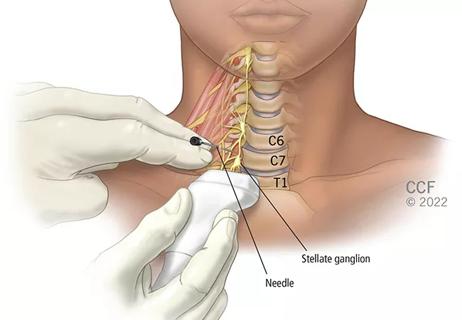
Patients report improved sense of smell and taste
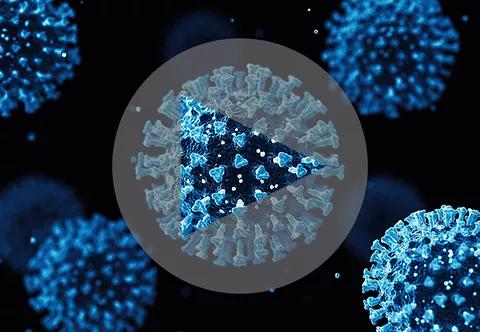
Clinicians who are accustomed to uncertainty can do well by patients

Unique skin changes can occur after infection or vaccine

Cleveland Clinic analysis suggests that obtaining care for the virus might reveal a previously undiagnosed condition

As the pandemic evolves, rheumatologists must continue to be mindful of most vulnerable patients
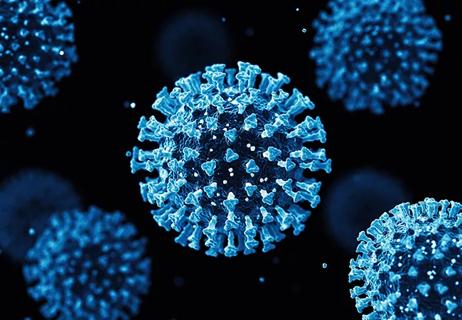
Early results suggest positive outcomes from COVID-19 PrEP treatment
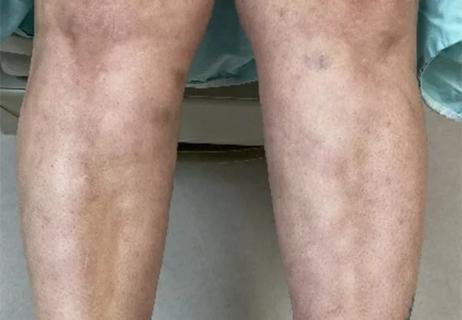
Could the virus have caused the condition or triggered previously undiagnosed disease?

Five categories of cutaneous abnormalities are associated with COVID-19